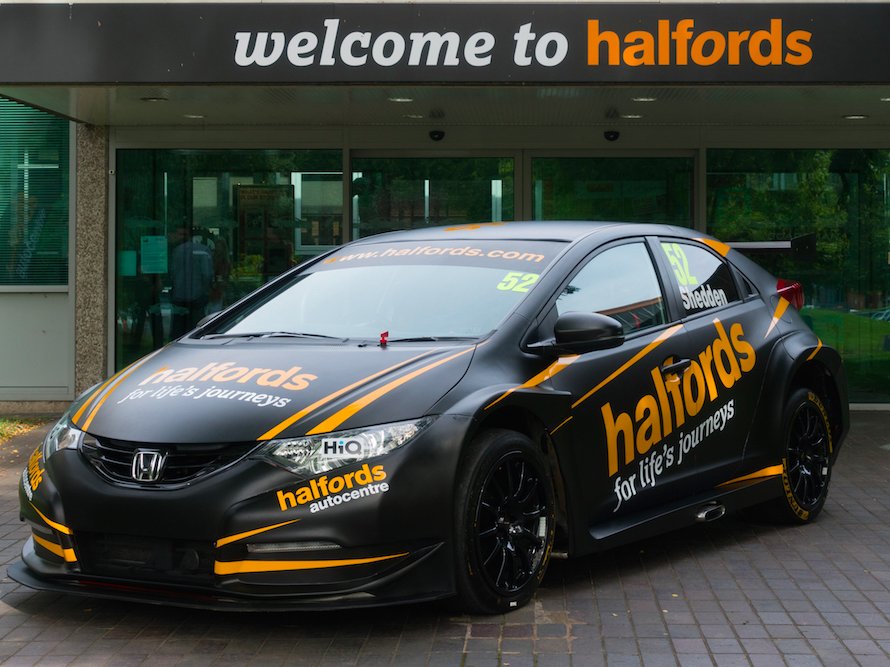 Halfords is at risk, Morgan Stanley says.Halfords
Halfords is at risk, Morgan Stanley says.Halfords
LONDON — Dunelm, Halfords, and Pets At Home are the UK retailers most at risk of having their business models disrupted by digital, according to Morgan Stanley.
Analysts Geoff Ruddell and Amy Curry warned in a note sent to clients this week that “all rely on gross margins that are unsustainable in the age of online retailing and discounters.”
Morgan Stanley believes that all three have business models that were “build for a different age.”
Dunelm, Halfords, and Pets At Home all rely on big, retail park shops that people visit not-very-often to pick up big ticket items: Dunelm sells furniture and soft furnishing, Halfords is a bike and car parts retailer, and Pets At Home sells, as you’d expect, pretty much everything you’d ever need for your pet.
Because these shops are once-in-a-blue-moon visits for people rather than part of a regular shop, the companies have high profit margins on all their products. This means there’s enough profit baked in to a sale to cover the shop’s running costs when it’s quiet.
“Retail gross margins were 50%, 51%, and 57% last year at Dunelm, Halfords and Pets at Home, respectively,” Ruddell and Curry write.
But these retailers are facing pincer-like competition from two camps: discount retailers like B&M and The Range that take the “pile ’em high, sell ’em cheap” approach, offering only the best-selling products in each category rather than an expensive variety; and online-only sales, both from Amazon and more specialised digital retailers such as online pet shop Zooplus and cycle retailer Wiggle.
These digital and discount challengers have none of the fat pricing that Dunelm, Pets At Home, and Halfords rely on to keep them going, making these three look expensive by comparison. Morgan Stanley says: “We show that consumers can now buy many of the items they sell c.20% more cheaply at discounters or online.”
“Whilst these kinds of price gaps may not be new, consumers’ willingness to shop in these channels appears to be increasing rapidly and we think this is becoming more and more evident in the financial performance of these ‘legacy’ retailers,” Ruddell and Curry say. Earnings
Earnings forecasts for all three have been repeatedly cut and share prices have suffered. Despite the recent poor performance, Morgan Stanley says it still sees “considerable further downside.”
The two analysts warn that “there is little that management will be able to do,” saying: “The companies’ best hope, we think, is focussing on ‘adding value’ in-store (for example by providing advice or fitting services) in order to justify premium pricing – something that all three are increasingly looking to do.”
To make matters worse for Halfords, the retailer has just lost its CEO Jill McDonald. McDonald has been orchestrating a multi-year turnaround plan at the retailer but was the surprise pick to head up Marks & Spencer’s crucial clothing division.
More from Business Insider UK:
NOW WATCH: Crocs has a new comeback plan — here’s why it could actually work













